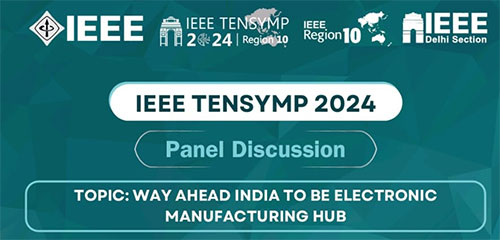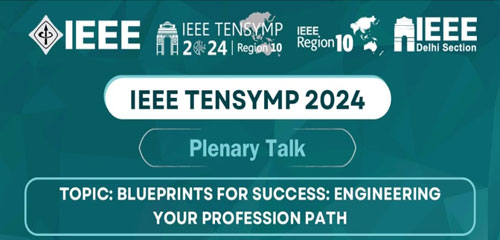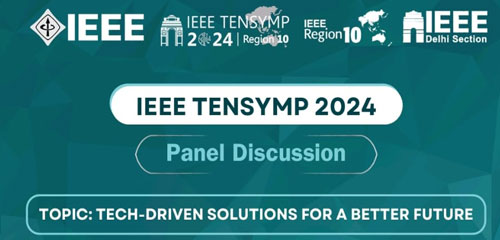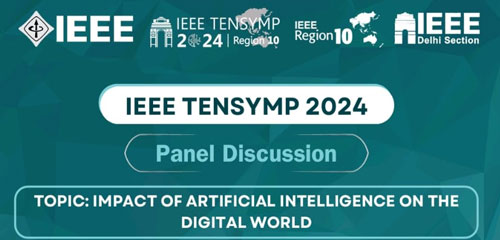|
Technical Program
(Final Schedule as on 26-09-2024, 11:00 AM) |
Paper Presentation PPT-Format |
In case of any observed discrepancies, an email should be sent at tensymp2024@gmail.com latest by 18th September, 2024.
Proposal for LMAG Track in TENSYMP 2024 - CLICK HERE 
About TENSYMP
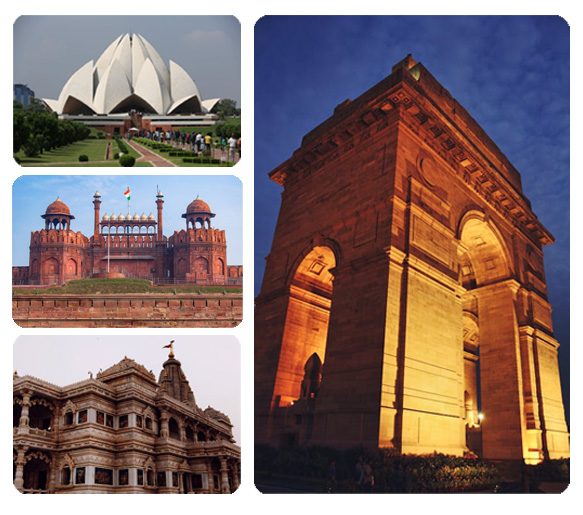
About IEEE

IEEE is the world’s largest professional association dedicated to advancing technological innovation and excellence for the benefit of humanity. IEEE and its members inspire a global community through IEEE’s highly cited publications, conferences, technology standards, and professional and educational activities. Vision of IEEE is to be essential to the global technical community and to technical professionals everywhere, and to be universally recognized for the contributions of technology and of technical professionals in improving global conditions. IEEE creates an environment where members collaborate on world-changing technologies – from computing and sustainable energy systems, to aerospace, communications, robotics, healthcare, and more. IEEE has more than 426,000 members – about a quarter of them being students, in more than 160 countries. It is indeed proud to note that India stands second – only next US, in terms of IEEE members and stands first in terms of student members. There are 334 IEEE Sections spread over ten geographic Regions worldwide and there are 2,116 Chapters uniting local members with similar technical interests. Students are active and equal partners of IEEE with 2,669 student branches at colleges and universities in 80 countries. IEEE published more than 3.5 million documents in its Xplore Digital Library, has more than 1,671 standards and projects under development and publishes approximately 180 highly acclaimed transactions, journals.
About IEEE Delhi Section

Delhi Section is one of the 13 Sections in India coming under Asia-Pacific Region, the Region 10 of IEEE. At present it covers entire northern part of the country consisting of the four states of Rajasthan, Haryana, Punjab, Himachal Pradesh, and the National Capital Territory of Delhi, Union Territories of Chandigarh, Jammu & Kashmir, Ladakh. IEEE Delhi Section was established on May 13, 1976 (after remaining as Sub-section since 1974). IEEE Delhi Section has as per latest (March 16, 2024) statistics 3680 active Members consisting of Assoc Member: 11, Fellow: 7, GSM: 551, Life Fellow: 7, Life Member: 5, Life senior: 28, Member: 850, Senior member: 543, Student member: 1663, Affiliate: 13, SA: 2.
It has got two Subsections at Chandigarh & Rajasthan and twenty three Technical Society/Council Chapters, namely, Joint Chapter of Circuits and Systems Society, Control Systems Society, Computer Society, Joint Chapter of Power and Energy Society, Industrial Applications Society, Communications Society, Technology and Engineering Management Society, Joint Chapter of Instrumentation and Measurement Society, Engineering in Medicine and Biology Society, Joint Chapter of Power Electronics Society, Industrial Electronics Society, Electron Devices Society, Microwave Theory and Techniques Society, Computational Intelligent Society, Geoscience and Remote Sensing Society, Solid-State Circuits Society, Education Society, Signal Processing Society, Joint Chapter of Nanotechnology Council, Magnetics Society, Joint Chapter of Radio Frequency Identification Council - Antennas and Propagation Society, Photonics Society - Rajasthan, Antennas and Propagation Society, Jaipur, Intelligent Transportation Systems, Oceanic Engineering Society, Systems, Man, and Cybernetics Society, Sensors Council, Rajasthan, and Vehicular Technology Society. Four Affinity Groups, Women In Engineering (WIE), Young Professional (YP), Consultants Network (CN) and Life Member (LM) too exist. The Section has got more than hundred Student Branches and Branch-Chapters out of which initial twenty-four geographic area-wise are DELHI: Delhi Technological University (erstwhile Delhi College of Engineering), Indian Institute of Technology, Netaji Subhash Institute of Technology, Jamia Millia Islamia, Amity School of Engineering & Technology, Guru Gobind Singh Indraprastha (GGSIP) University School of Information Technology, Indira Gandhi Delhi Technical University for Women (erstwhile Indira Gandhi Institute of Technology), Bharati Vidyapeeth Institute of Technology, Maharaja Agrasen Institute of Technology, Northern India Engineering College, Guru Premsukh Memorial College of Engineering, Rohini, Guru Tegh Bahadur Institute of Technology, GGSIP University, Delhi; RAJASTHAN: Birla Institute of Technology and Science, Pilani, MBM Engineering College, Jodhpur, Engineering College, Ajmer, Malviya Regional Engineering College (NIT), Jaipur; HARYANA: Regional Engineering College (NIT), Kurukshetra, Seth Jai Prakash Mukand Lal Institute of Engineering & Technology, Yamuna Nagar, Deenbandhu Chhotu Ram University of Science and Technology (erstwhile C.R. State College of Engineering), Murthal, Institute of Technology and Management, Gurgaon, Swami Devidayal Institute of Engineering & Technology, Golpur; HIMACHAL PRADESH: Jaypee University of Information Technology, Waknaghat; and CHANDIGARH: Punjab Engineering College, University of Engineering & Technology.
IEEE Delhi Section alone or with the support of these Chapters and the local units of other institutes, like, IET (UK), IETE, IE (India), etc. organizes from time to time activities for
- Dissemination of knowledge in the broader fields of Electrical and Electronics Engineering through holding of technical talk, seminar, conference, symposium, workshop, tutorial, etc.
- Exchange of ideas and sharing of knowledge amongst the professionals in the corresponding fields and
- Provides support to Student Branches to conduct paper contest, quiz, etc.
About NSUT

Netaji Subhas University of Technology (NSUT), formerly Netaji Subhas Institute of Technology (NSIT) is a state university located in Dwarka, Delhi, India. In 2018, the institute was granted university status, changing its name to Netaji Subhas University of Technology (NSUT).
The primary campus of NSUT is a fully residential campus on 149.5 acres of land. Campus facilities include faculty and staff residences, student hostels, cooperative mess and a sports complex. The campus is divided into clusters of buildings. The administrative block contains important offices, banks, a post office, and an auditorium where major functions are held. The campus has four boys' hostels (one for each year) and three girls' hostels.
Honorary Chairs
-
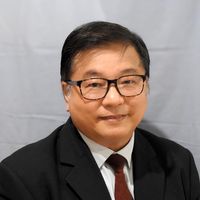
Prof. Lance Fung
Director R 10
-
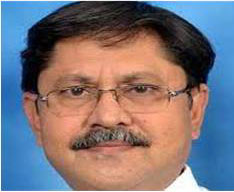
Deepak Mathur,
Past Director, R10
-
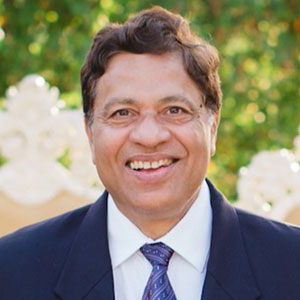
Prof. Anand Srivastava
Vice Chancellor, Netaji Subhas University of Technology (NSUT), Delhi
-
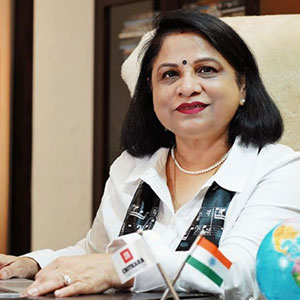
Dr Madhu Chitkara
Pro Chancellor, Chitkara University
-
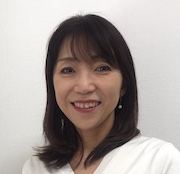
Dr Takako Hashimoto
R10, Director Elect
-
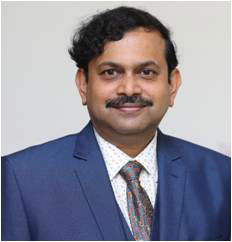
Dr Debabrata Das
Chair, IEEE India Council
-
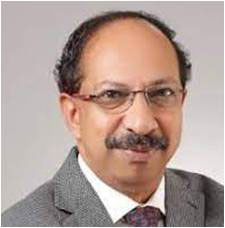
Dr K Suresh Nair
Past chair, IEEE India council
Gold Patron

Silver Patron

Academic Contributor


Technically Sponsored








